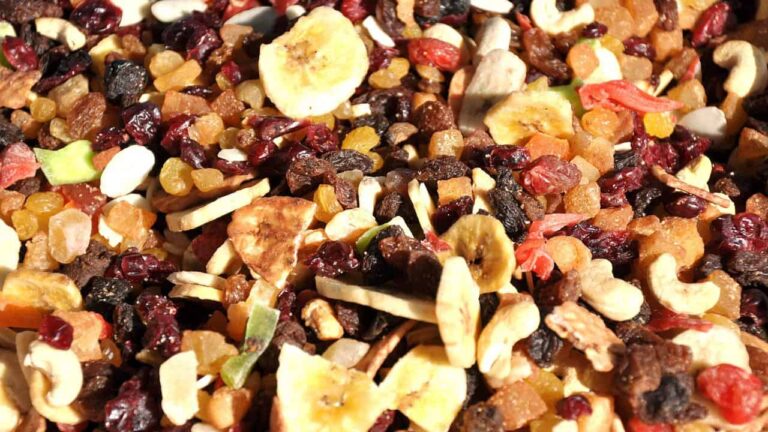The Secret to a Juicy Turkey? It’s All in the Brine
The fixation of everybody in the family on the overall holiday dinner has been a big roast turkey. Many home cooks fail to keep the turkey moist and flavorful, which is usually the main dish. Complicated cooking methods and the use of rare spices are not the secret; rather, the simple, time-honored practice of brining is. Dipping the meat in the concocted mixture of salt, water, and herbs will ensure that the moisture and seasoning are deeply infused into the its flesh. Therefore, every bite will be tender, juicy, and full of flavor.
A well-made brine transforms dry meat into a culinary miracle, layering on flavor until it reaches a point where it is considered the ultimate dining experience. The selection of herbs or the moderate use of citrus, spices, and sweetness is possible; in either case, the method will ensure that your meat is a successful flavor treat at the table.
Moisture Retention
Keeping a turkey from drying out during roasting is one of the most difficult things. It is where the brine’s power comes in. The bird is soaked in a saltwater solution, which causes the meat to absorb more liquid and retain it through cooking. Consequently, your dish has a moist and juicy texture even after several hours of roasting, making every cut soft and enjoyable.
Flavor Infusion
A roasted turkey may sometimes taste bland, but a brine made up of salt, sugar, and spices can completely change that. The salt supports the seasoning, herbs, and spices, as well as the citrus fruits, to penetrate deep into the meat, not just on the surface. This ensures that every piece of the flesh has the same flavors, which range from the aromatic of the rosemary and thyme to the acidity of the lemon or orange zest.
Tenderizing Effect
A brine not only adds moisture and flavor but also acts as a tenderizer to the turkey. The salt gradually breaks down the muscle proteins, thereby softening the meat’s structure, making the cooking process more uniform, and resulting in a softer texture on the palate. This tenderizing process, in turn, makes it impossible to tell that the meat had a salt and water treatment, even with the very leanest breast meat being succulent rather than tough or chewy.
Wet Marination
In a classic wet brining, the meat is submerged in a large container filled with water, salt, sugar, and aromatics. It is left to soak for 12 to 24 hours, during which it gets both moisture and seasoning. The method does occupy some space in the fridge, but the result is guaranteed to be a juicy bird with flavor throughout.
Dry Marination
A dry brine is the ideal option for those with limited space. The meat is not only seasoned but also has its skin partially added, making it possible for the oven to crisp it beautifully while the inside remains juicy, as the skin is partially dried.
Pro Tips
Additionally, to fully exploit the benefits, use kosher salt lightly for even coverage, keep the turkey in the fridge during the brining process, and dry the meat before roasting. These are some of the steps. For a skin that is extra crispy, allow the turkey to dry uncovered in the fridge after brining. All these little steps will make sure that the solution is excellent in both flavor and texture.
Flavor Boost Ideas
A brain can also be likened to a canvas of creativity. The turkey gains a refreshing brightness through the addition of citrus zest as well as herbs like sage, thyme, and rosemary, which bring classic holiday aromas. Whole spices, such as cinnamon or cloves, can provide warmth and transform your meat into a festive centerpiece that will please the taste of every guest.
Conclusion
The secret behind the turkey that everyone will be talking about lies at last in the application of a well-combined solution. This uncomplicated yet marvelous step ensures the bird is juicy, soft, and flavored all the way through. When the time comes for you to make your grand feast, recall that the brine is not merely a step but rather the route to attain perfection.







